DENVER — Many of us can pinpoint the moment when we realized COVID-19 was going to change life as we knew it.
For competitive dancer Ricci-Lee Hotz, that moment happened in a ballroom in Missouri in March of 2020.
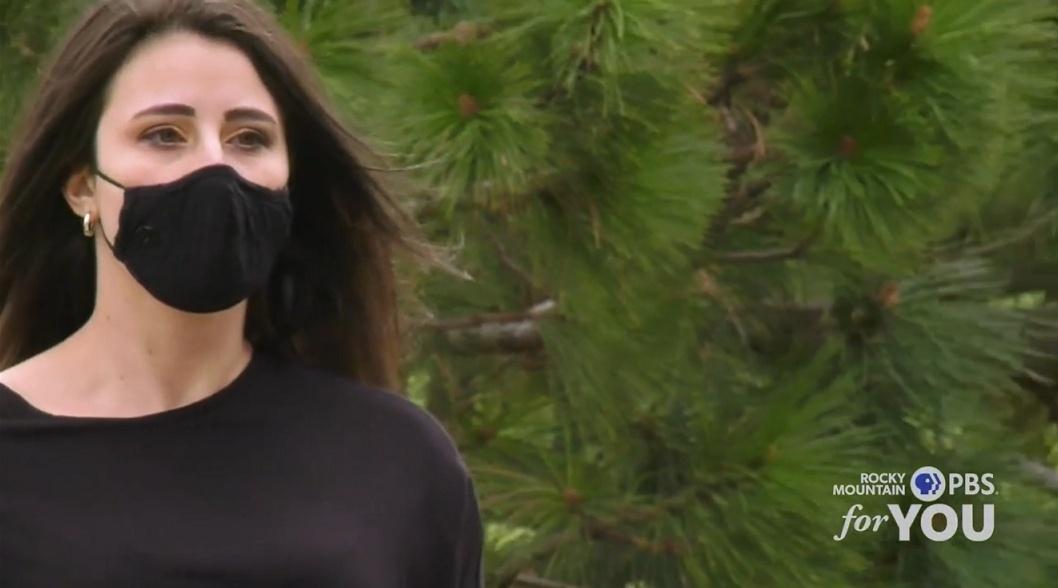
DENVER — Many of us can pinpoint the moment when we realized COVID-19 was going to change life as we knew it.
For competitive dancer Ricci-Lee Hotz, that moment happened in a ballroom in Missouri in March of 2020.
Professional dancer Ricci-Lee Hotz has struggled with COVID symptoms for more than a year.
“As we were at the competition, everything started shutting down. And so it was this moment of, ‘Well, should we go home? Will we even be able to get our flight home? Or are they going to shut flights down?’ Just having no idea,” Hotz said.
Hotz said she and her boyfriend became sick not long after she returned to Colorado from the competition, although she is not sure where they were exposed to the virus. Her initial illness did not require hospitalization, yet the 29-year-old dance instructor has not been able to return to competition to compete for more than a year because of lingering symptoms linked to COVID-19.
“People will say... ‘As long as I eat healthy and I exercise, then my immune system's going to be strong. So I have nothing to worry about.’ And I'm proof that that's not the case,” she said. “I’m a professional athlete as well as a registered dietician where I focus on good eating and well-being ... and I've been suffering for over a year now.”
Hotz said doctors initially connected her ongoing symptoms to anxiety, so she turned to online support groups to share her experience with fatigue, heart palpitations, fluctuating oxygen levels, mysterious pains and other symptoms. She is now an administrator for a private Facebook group of Colorado “long and short haulers."
“So many of us felt like we're just complaining or we're crazy. And that, you know, doctors were telling us it's all in our heads,” Hotz said. “Being able to discuss and say, ‘Okay, these people have the same symptoms as me,’ ... makes you feel not so alone.”
Recently, group members have been comparing notes about their experiences with COVID-19 vaccines. Hotz said she is among those who said she has found some relief in symptoms after receiving her vaccination.
“I noticed after the first dose, and then even more after the second dose, that one of my issues where my oxygen levels were dropping every time I would stand up, went away,” Hotz said. “I still have some lingering symptoms that I'm still dealing with, but one of my most scary symptoms happened to just naturally dissipate after getting the vaccine.”
“Interestingly, some of our patients who've had COVID in the past have noted that their symptoms improve after receiving the COVID vaccine. People will say that all of a sudden their shortness of breath or their fatigue start to get better. However, this is not everybody,” said Dr. Rebecca Keith, a pulmonologist at National Jewish Health.
Dr. Keith treats patients like Hotz at the National Jewish Health Center for Post-COVID-19 Care and Recovery in Denver, one of a number of medical centers working specifically to treat the long-term effects of COVID-19. She said the vaccine seems to be impacting different long haul patients in different ways, and there’s not enough scientific research yet to determine why that is. The CDC has said studies are needed to determine how vaccines affect post-COVID symptoms.
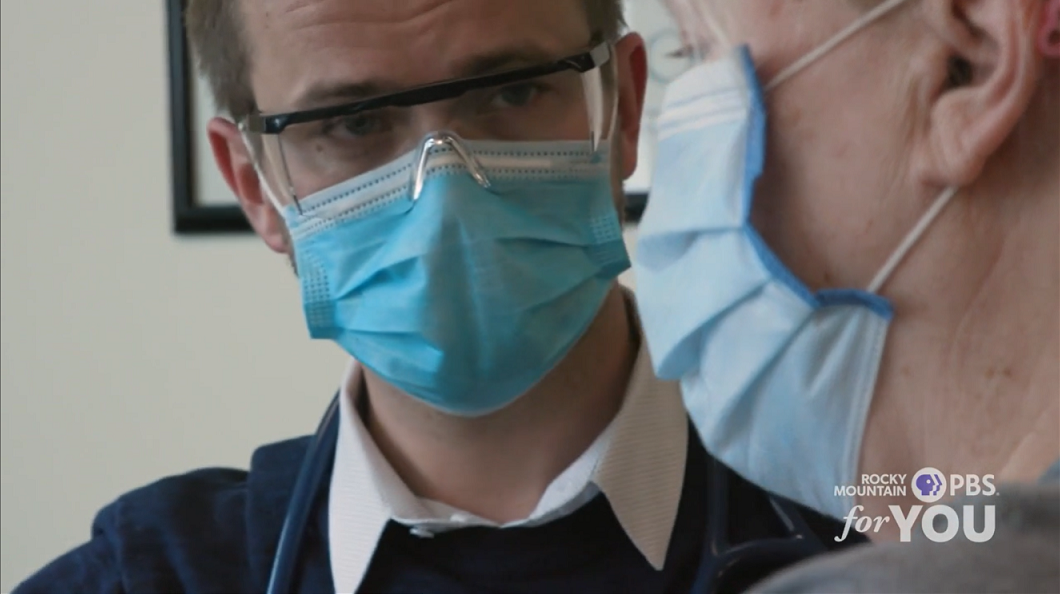
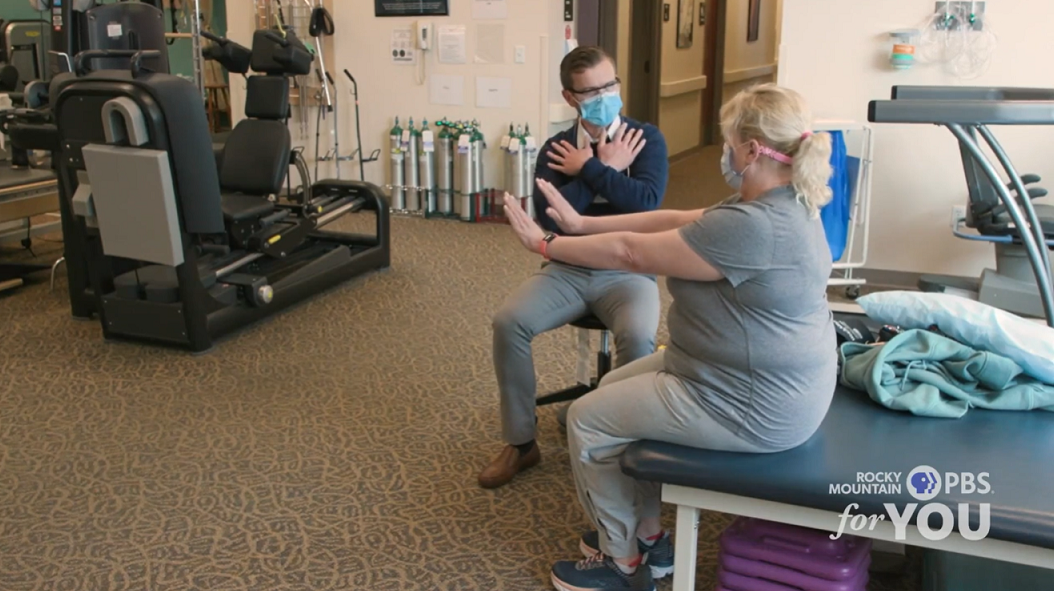
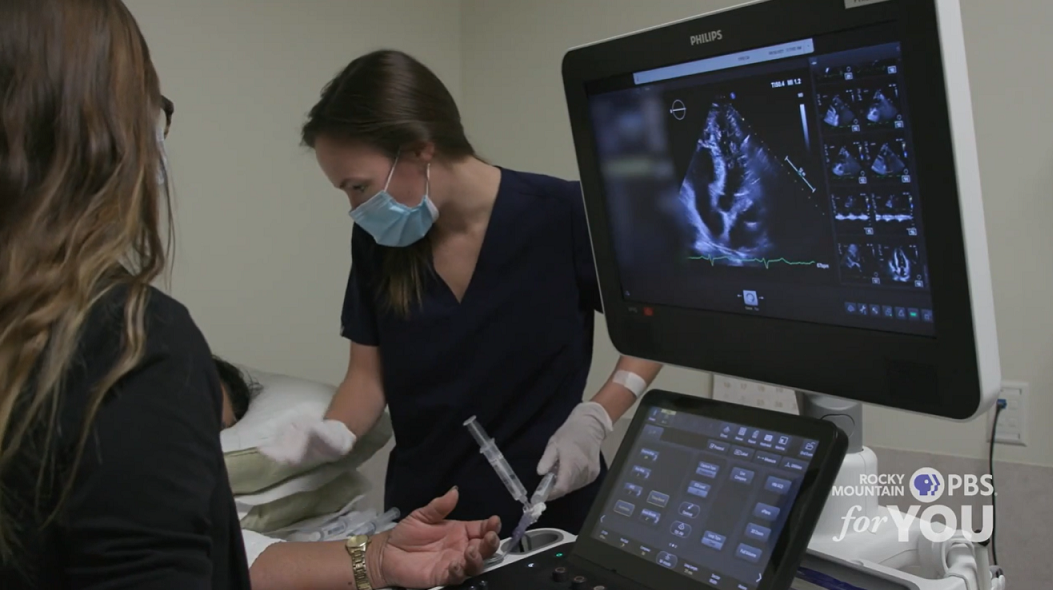
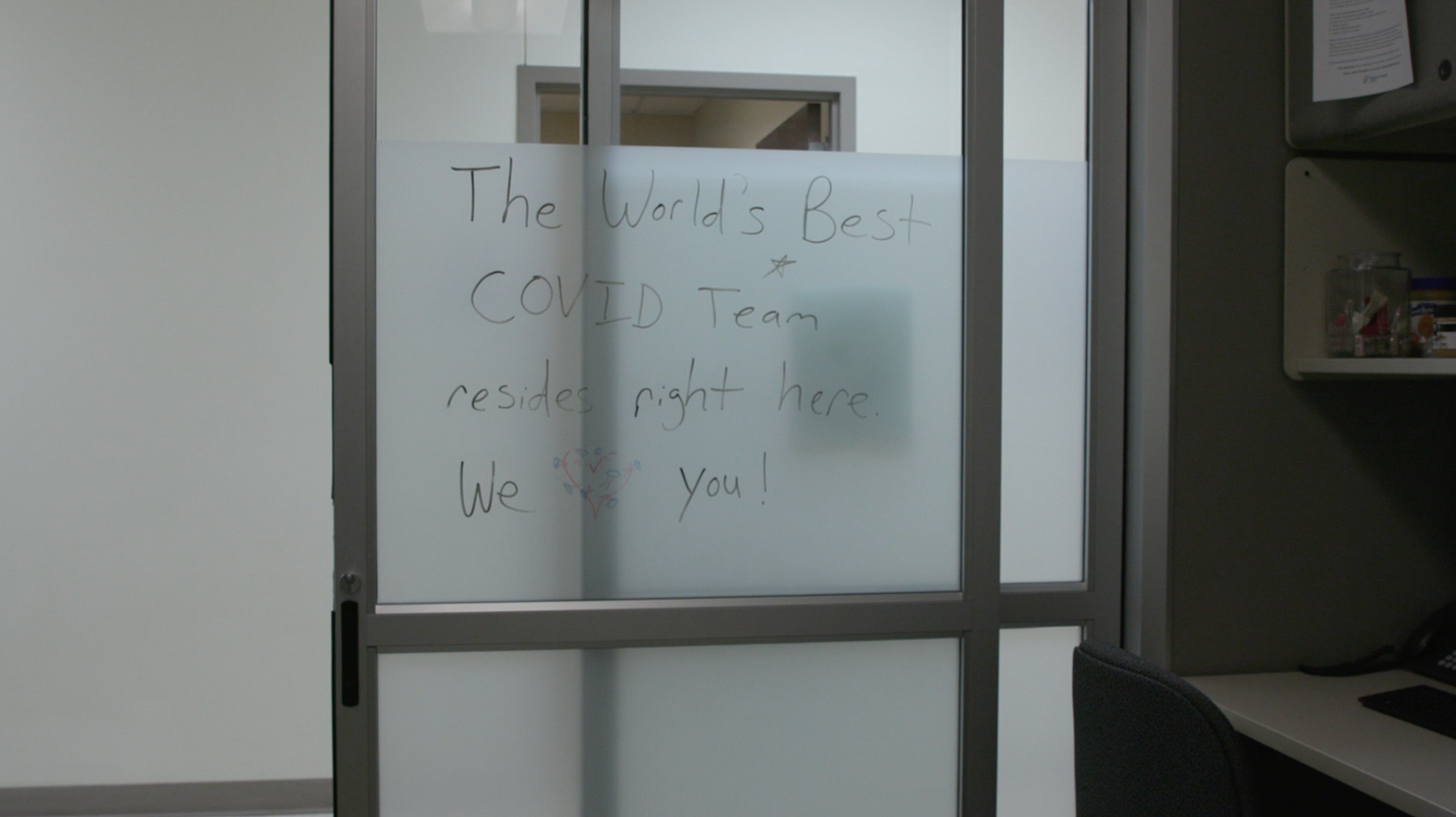
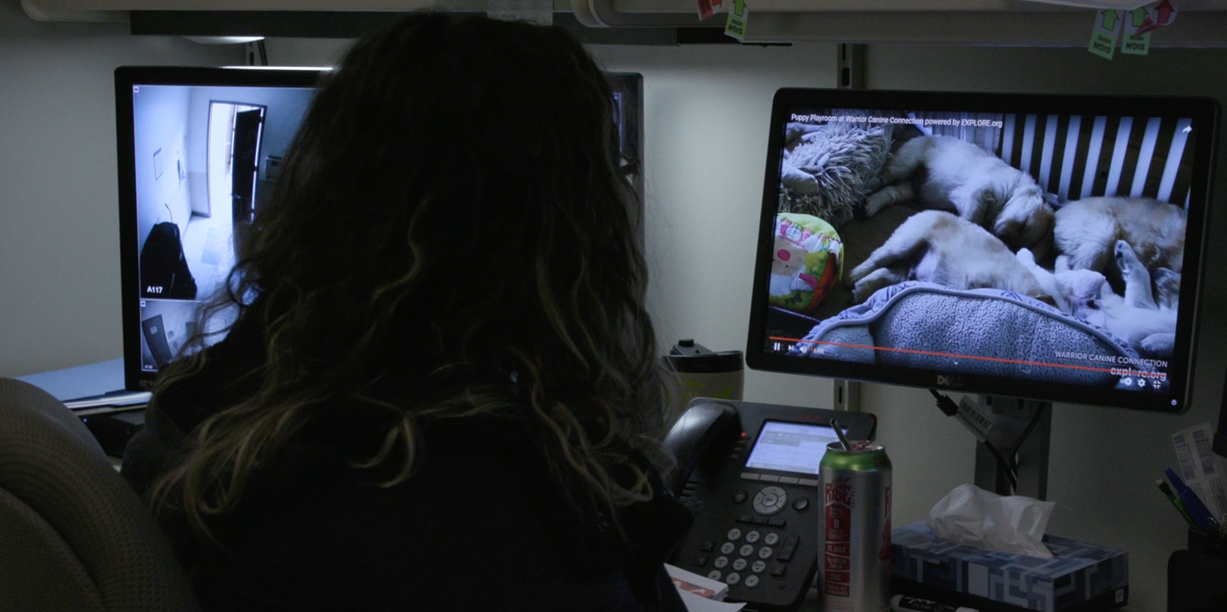
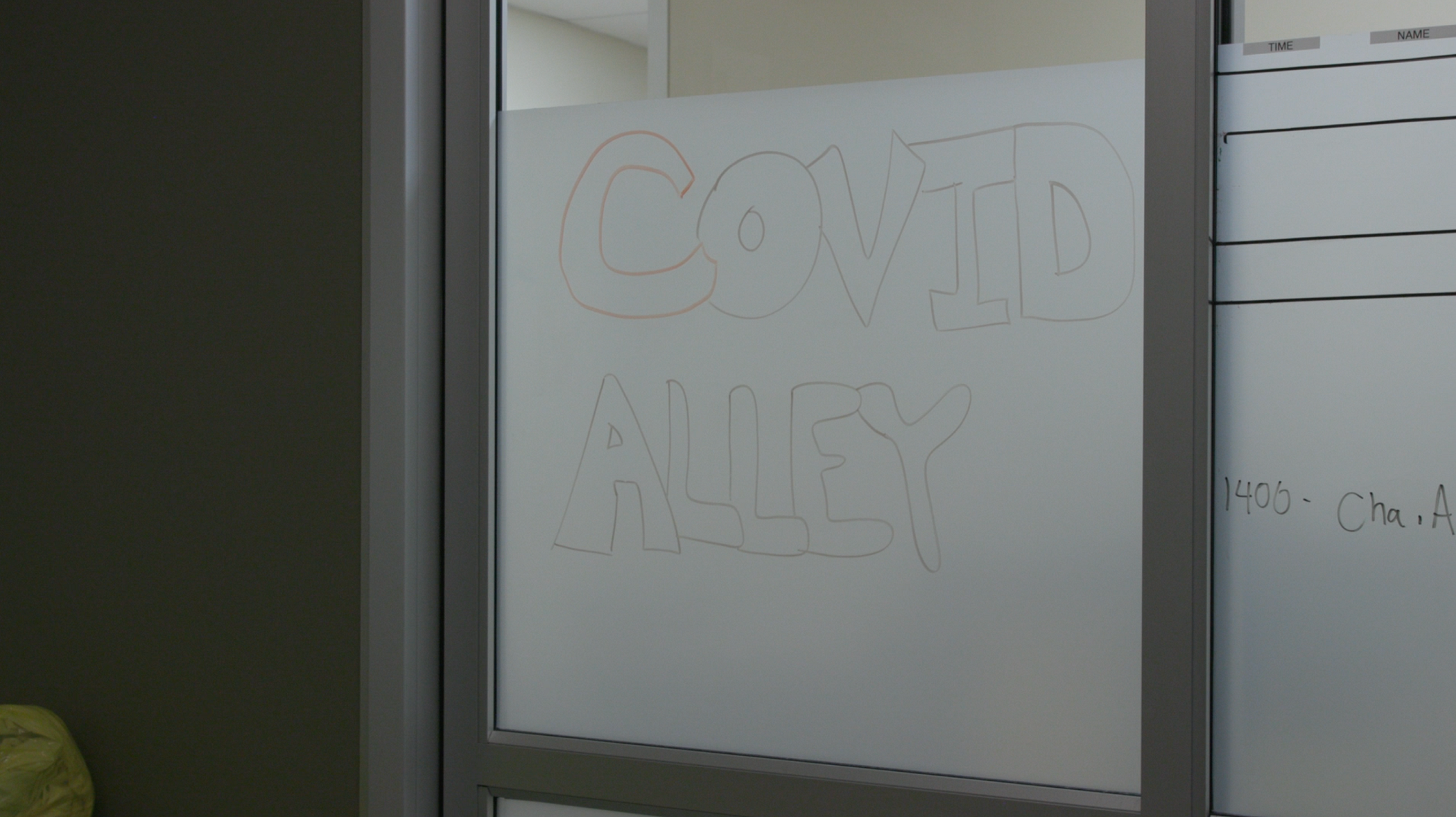






“Some of our patients don't have any change in their symptoms, and a few patients have actually had recurrence of symptoms once their symptoms have resolved. So I think there's a spectrum of things that we see after vaccination, but for the most part, people are at least unchanged and some patients are actually improved. So that's hopeful. Down the road, we hope to better understand the science behind that,” Dr. Keith said.
National Jewish Health officials estimated they are seeing eight to 10 new post-COVID patients per day.
At the post-COVID care center, doctors take scans of patients’ chests to try to zero in on the causes of their symptoms. Patients ride exercise bikes while doctors closely monitor images of their hearts, trying to pinpoint problems that aren’t showing up on other scans.
“There's some subtle things that we see in exercise about how their heart may be squeezing or how oxygen is delivered to their muscles that aren't normal. And that's one of the first things we see that really gives us a clue that there's something objective that we can see that identifies patients as having post-COVID syndrome,” Dr. Keith said.
“One of the challenges in treating post-COVID patients in general is that not everything is attributable to having had COVID interaction. Many of the diagnoses we make are actually of alternate conditions. We've diagnosed lymphoma, we've diagnosed underlying autoimmune disease. And so you have to be somewhat of a detective because many of these problems may have been subtly there before COVID and only brought to light with COVID infection,” she said.
Near the post-COVID care center is an area of the hospital dubbed “COVID Alley,” where health care professionals care for patients who are sick with the virus. Next to a handwritten sign marking the alley, a health care worker watched a livestream of puppies for a mood boost: a reminder that the virus is still spreading even as more Coloradans are being vaccinated every day.
“We're seeing many physicians and health care providers experience some burnout at this point, because they've been dealing with these acute illnesses for over a year now. That's been very difficult on our health care community,” Dr. Keith said, adding that she does see brighter days ahead.
“I’m entirely optimistic that if this [vaccination] trend continues, we'll be able to resume normal life, hopefully within the next year or so,” she said.
Hotz said the Colorado Facebook support group is still growing and new patients are joining regularly.
“Just because some people are getting vaccinated, it doesn't mean we're back to normal,” Hotz said. “We really have to take the necessary precautions to be able to get to a point where people don't have to experience these things.”
More than two weeks removed from her second vaccine dose, Hotz returned to the dance studio last week. She is finally teaching students in person again after spending months in her dining room doing lessons over Zoom. She hopes to begin training with her partner again soon, estimating she is about 90-95% recovered more than a year after she contracted COVID-19.
“I'm doing way better than so many other people. There are people that are still bedridden, that can't work, that are really struggling. They can't string words together. They just feel so fatigued that they can't get up and go and carry the groceries inside without having to take a nap. So I feel lucky with where I'm at in comparison, but I am still struggling,” Hotz said.
Additional Resources:
This story is part of The Long Haul, an ongoing Rocky Mountain PBS series focused on personal stories from Colorado communities about the long-term impacts of the COVID-19 pandemic.
Community stories from across Colorado and updates on your favorite PBS programs, in your inbox every Tuesday.